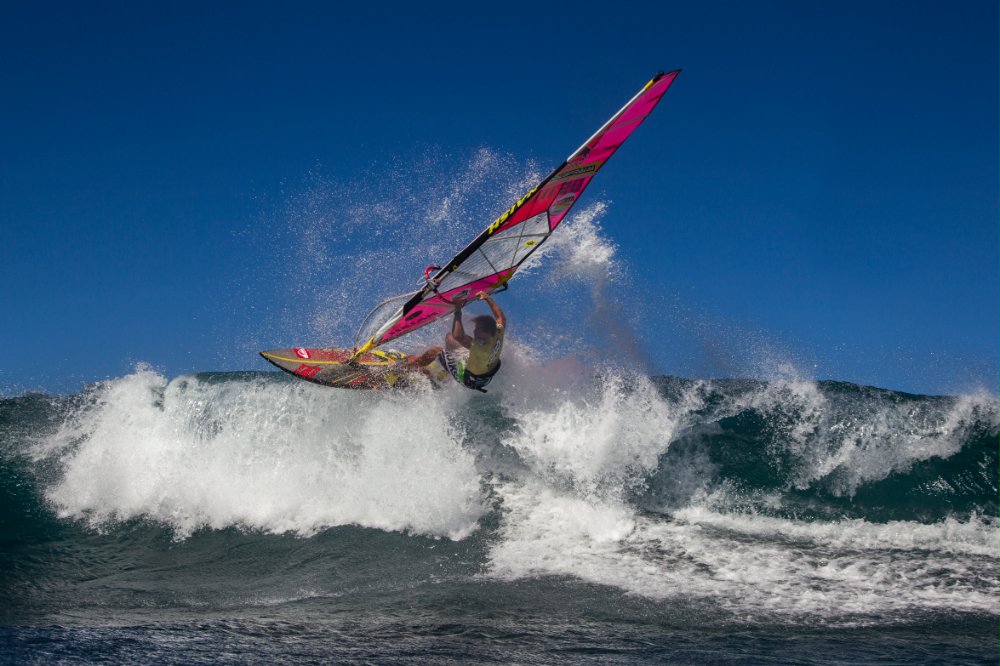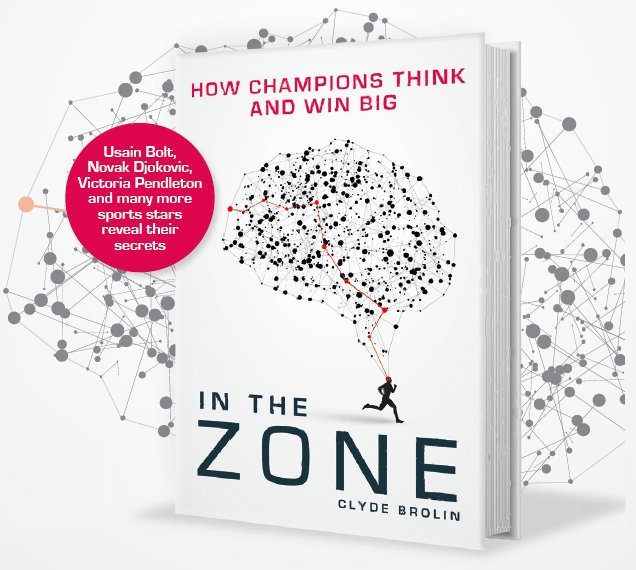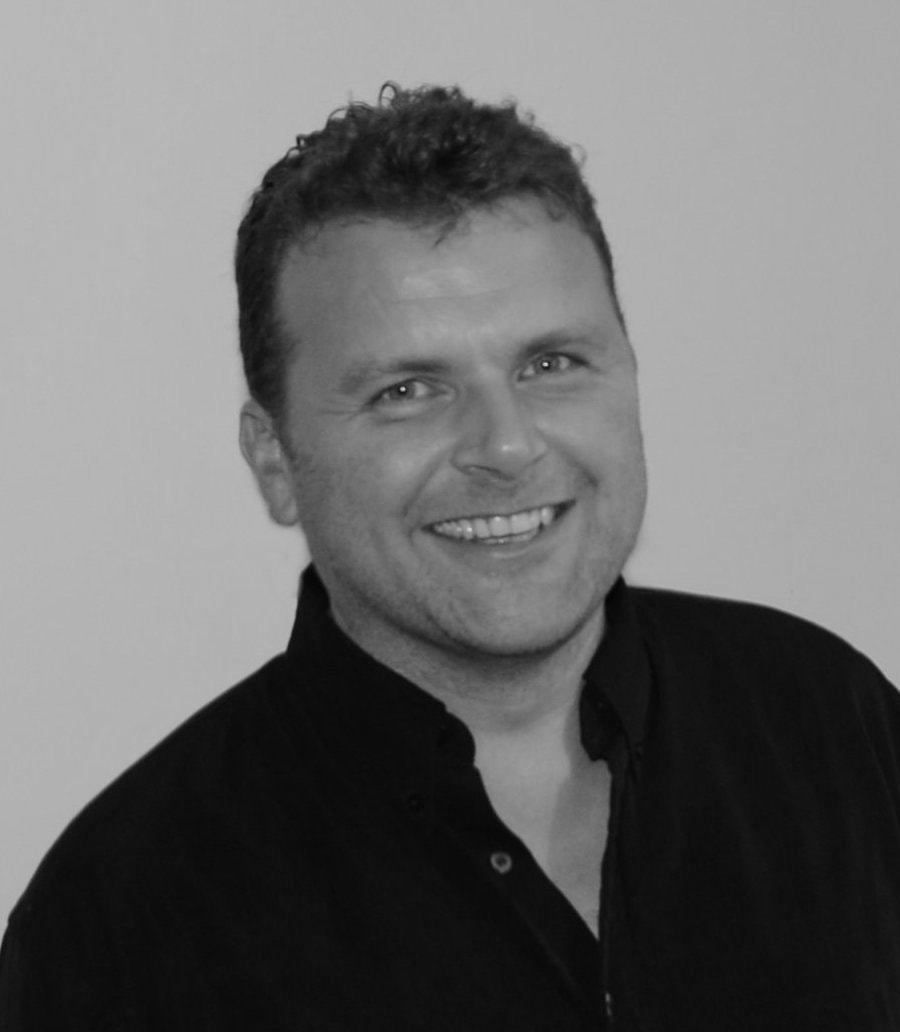|
To celebrate today's publication of the paperback version of In The Zone in the USA, here is an exclusive extract from the book featuring my interview with Robby Naish, windsurfing and kitesurfing's most famous son - and its greatest ever competitor...
Few fields have the lines between success and failure marked out as clearly as sport. It may be hard to treat these two imposters just the same (as Rudyard Kipling suggests) but regardless of any outer glory or defeat that comes our way, the trick is to trump it with the pure passion for doing what we love. In 1976, a thirteen-year-old Robby Naish won the world windsurfing championship. The American was still winning titles decades later, before switching to kiteboarding in the Nineties and dominating that too. For those who battle waves and wind Naish is a legend. But to him it’s not about glory. The key to retaining the motivation to scale peak after peak is very human. You can set up home at the top of your field only if there is nothing on Earth you would rather be doing. ‘A lot of athletes are goal-oriented: they reach their goal, then they’re ready to move on to something else in their lives,’ Naish tells me. ‘I was never goal-oriented, it was the experience that I always loved. I was never trying to achieve any single thing. I didn’t want to become world champion then go and become a chef or take up golf. I realised this was what I wanted to do more than anything, and for as long as possible. It’s about the process and the enjoyment of everything that goes with it. ‘I’m lucky that my sport puts me in this pretty pleasant environment – but not always. Our events can be in miserable places like the North Sea when it’s bitter cold. But it’s taking that and enjoying it for what it is. I did that better than a lot of athletes. They’d be standing on the beach miserable and I’d just think: “Give it to me!” I loved being there. I’ve always been really appreciative that someone was actually paying me to do this so I’ve been able to make a living. That realisation helped me continue to push myself to stay in the Zone for all those years. It’s still going: people still pay me to go surfing. I’m not competing any more but in my eyes I’m still a professional athlete. I realise the whole life of being a sportsman is profoundly lucky.’ Before we start painting any picture of Naish as a happy-go-lucky type just out for a good time, there are familiar factors leading to his ability to maintain the heights. He started with a childhood of practice in the sunny Hawaiian surf, before an adulthood of total commitment. ‘In our sport the build-up to competitions starts before you get to the beach,’ says Naish. ‘You have a lot of equipment so you get your gear together and drive to the beach, then there’s the lead-up to a race. Throughout my career I was always the kind of guy who would go to bed early to prepare. Then I’d want to be at the beach before everyone else so when they showed up they’d see me and think: “Oh no, he’s already here.” All those elements helped me know I was ready mentally, physically and equipment-wise – and that I’d done everything better than everybody else. ‘I was lucky that personality-wise I was drawn that way. I hated losing so badly that I wanted to do everything possible to make sure I didn’t lose. It wasn’t so much the thrill of winning, it was doing everything I could to avoid that feeling of losing. For me competition was everything. It was mind, body, spirit, 100 percent focused. The enjoyment of that feeling was worth sacrificing any other things in life. Whether it was partying with my friends or whatever, it was no issue to sacrifice that to be as prepared as I could possibly be for competition.’ Naish sure doesn’t sound like your archetypal chilled-out surfer dude. But the Zone is so special it is worth any such sacrifice. Moreover if you find yourself facing anyone who finds this magical state, that would be a good time to start scrabbling for ‘luck’. While Naish similarly demoralised his opposition, that wasn’t the main point behind his painstaking work ethic before his events. The biggest effect was that it combined to put him into the right mental state to compete, turning Naish into one of the elite who found a way to access the Zone at will. ‘Different athletes have different ways to put themselves into that Zone: little rituals they need to bring them to that point,’ says Naish. ‘I never figured that out as I didn’t have to count crows to put my mind into that space. It would come naturally. But I’ve always been really nervous, internalising it, to the point that knowing I was nervous meant I really wanted it. If it is comfortable and natural, someone who wants it more will beat you. If I was lackadaisical it would be time to do something else. ‘So I never had to think about it – until the times I wasn’t there and I’d realise what it feels like not to be in the Zone. Fortunately it didn’t happen often: through my entire career I was there 99 percent of the time. But it was profoundly obvious when I wasn’t. When it didn’t come together you’d sit there knowing you weren’t quite there. You’d never figure out what happened or why. Occasionally you could click yourself back into the right state but when you couldn’t, you’d have a bad day. ‘Part of being in the Zone for an athlete is being able to put all your baggage aside. Whatever is going on in your life that morning, yesterday or last week, or that injury that is nagging you, you have to put it completely out of your mind. It’s about cutting everything else out so you can focus 100 percent on the job in that second – or the eight minutes of the heat or the half-hour, whatever the contest is. Everything else in the world disappears for that moment in time...’ This is an extract from In The Zone: How Champions Think and Win Big - out now in paperback...
0 Comments
|
AuthorClyde Brolin spent over a decade working in F1 before moving on to the wider world of sport - all in a bid to discover the untapped power of the human mind. Archives
October 2024
Categories
All
|



 RSS Feed
RSS Feed

